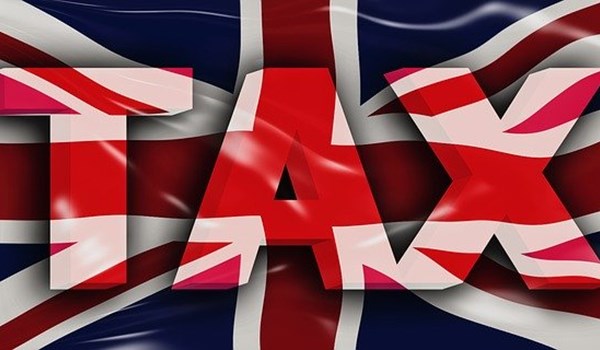Jurisdictions
Regions
Industry Sectors
27/09/21
UK: Labour to slash tax reliefs and hit wealthy in pursuit of balanced budget.

As published on ft.com, Sunday 26 September, 2021.
Labour would carry out a bonfire of tax reliefs and target the wealthy for tax rises, as the party seeks to show it would not resort to excessive borrowing if it won the next election.
Rachel Reeves, shadow chancellor, will commit on Monday to a target of balancing the budget, excluding investment for infrastructure, and public debt falling as a share of national income in her speech at the Labour party conference.
Labour’s fiscal rules are in line with the same approach expected to be outlined by chancellor Rishi Sunak in his Budget next month, as Reeves attempts to neutralise Tory claims that the opposition party would let borrowing rip.
“I want people to know that there are fiscal anchors, and that there will be restraints, and [for] everything that Labour commits to we will explain where the money will come from,” Reeves told the Financial Times.
Labour opposed Sunak’s plan to raise national insurance rates to fund a £12bn annual increase in health and social care spending; on Sunday, Reeves said she would look across the board for other sources of revenue.
Keir Starmer, Labour leader, said “nothing is off the table” and that increasing income tax was not being considered “at the moment”. Meanwhile, Reeves told the Sunday Times: “I do think that people who get their income through wealth should pay more.”
Reeves identified “people who get their income through stocks and shares and buy-to-let properties” as targets for tax rises, and said she wanted to reform capital gains tax.
The shadow chancellor said there would be a review of tax reliefs, including tax breaks for private equity managers, non-doms, venture capital trusts and private schools. But the VAT exemption on food was sacrosanct, she added.
The binding elements of Reeves’ fiscal plan will be that Labour will pledge to balance the current budget in the medium term, ensuring that tax revenues at least match day-to-day public expenditure, and that the burden of public debt is on a downward trajectory.
The rules are essentially identical to those in the 2019 Conservative manifesto that Sunak is set to announce in his Budget on October 27.
The chancellor wants to achieve his rules by 2024-25, while Labour is likely to give itself a little more time before they become binding.
Reeves stressed that the rules would give the opportunity to borrow and spend more on infrastructure than the Conservatives, who have pledged not to spend more than 3 per cent of national income on public investment, but the self-imposed debt rule will not allow spending for infrastructure on a Labour government to be significantly higher than that.
The rules are much tighter than those Jeremy Corbyn’s Labour party proposed at the 2019 election, when it envisaged spending 4.5 per cent of national income on investment, and sought to balance the current budget, something that was achieved before the coronavirus crisis hit last year.
Labour would introduce three additional fiscal rules, Reeves said, which in effect would be principles rather than binding constraints.
It would sanction borrowing to invest in infrastructure, introduce a permanent mechanism for suspending the rules if the economy was hit by an “exceptional shock”, and would look at public sector assets as well as liabilities.
The final principle would stop a government seeking to massage public debt lower by selling government-owned assets cheaply just to meet the binding rules, Reeves said.
Meanwhile, Reeves will on Monday announce that Labour would scrap business rates, which have been blamed for contributing to the decline of the high street.
She will say that a new system would “incentivise investment, feature more frequent revaluations and instant reductions in bills where property values fall”.
The reforms, which Reeves claims would also encourage green investments and those companies which move into empty premises, would not see a cut in revenues for local authorities.
“We will carry out the biggest overhaul of business taxation in a generation, so our businesses can lead the pack, not watch opportunities go elsewhere,” she will say.


